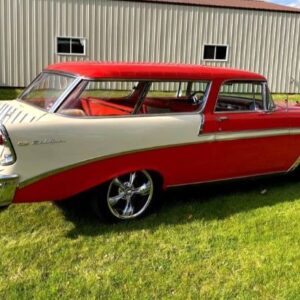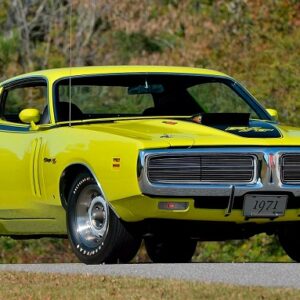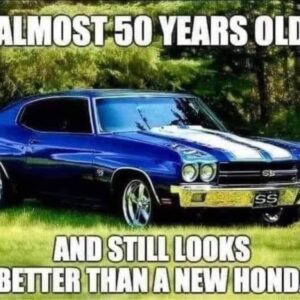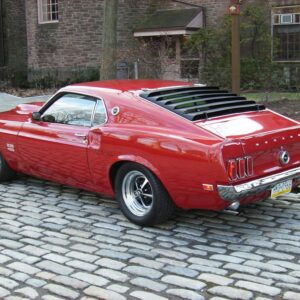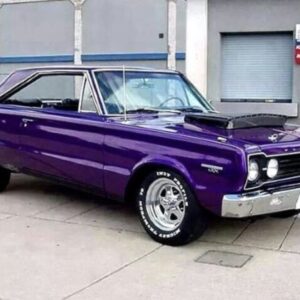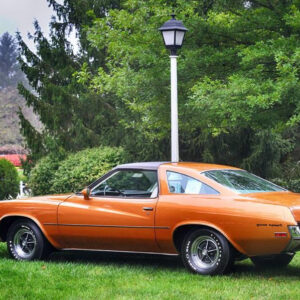A Comprehensive Guide to the 1969 Chevy Camaro Features, Performance, History, and More
The 1969 Chevy Camaro is an iconic American muscle car that has captivated automotive enthusiasts for decades. With its powerful engine options, sleek design, and impressive performance capabilities, the 1969 Camaro has become a symbol of American automotive excellence. In this comprehensive guide, we will delve into the features, specifications, performance, history, variants, collectibility, and more surrounding the 1969 Chevy Camaro.
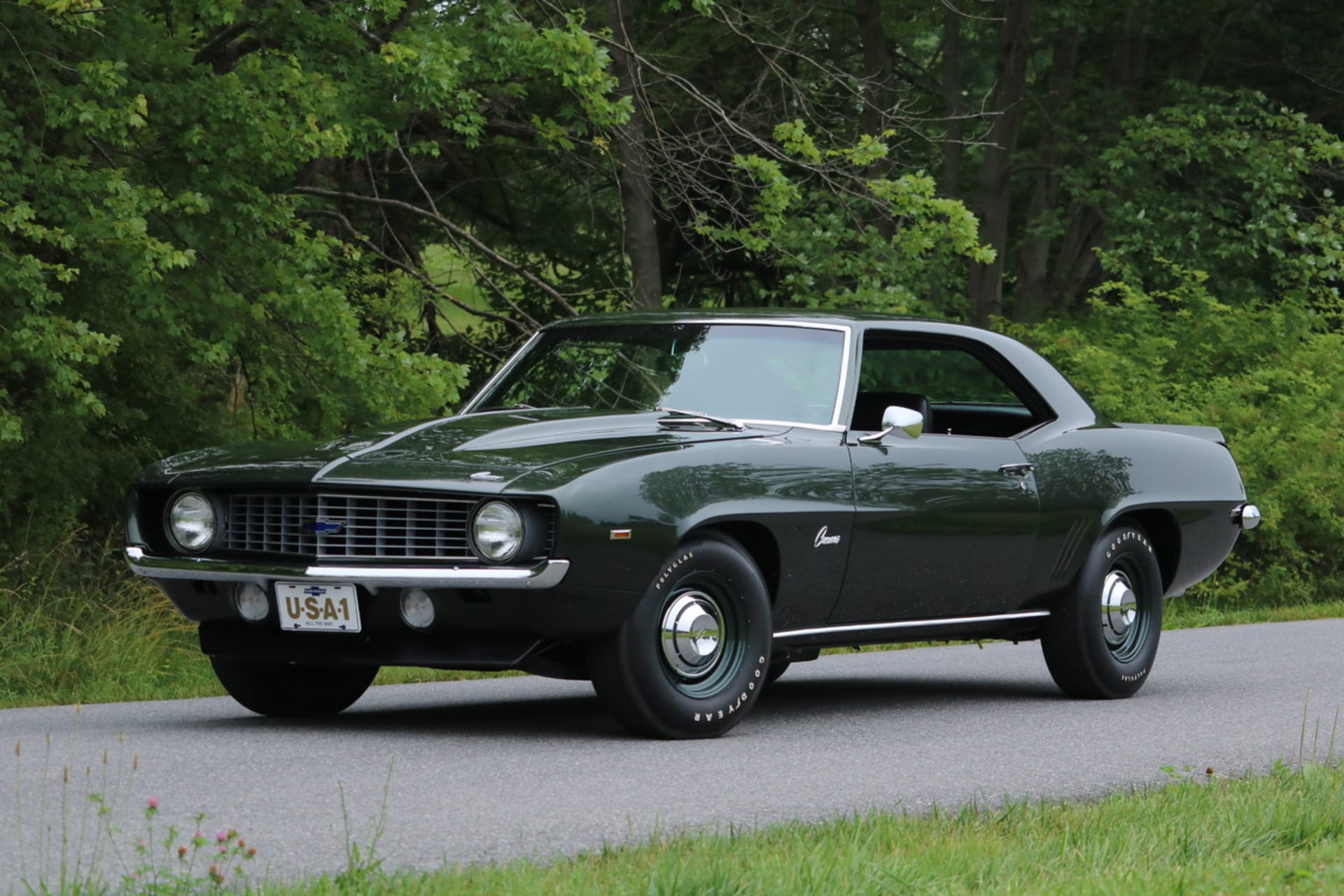
Overview of the 1969 Chevy Camaro
The 1969 Chevy Camaro was introduced as the second-generation model of the Camaro lineup. It was designed to compete directly with the Ford Mustang and other similar muscle cars of the era. The Camaro featured a sporty and aggressive appearance, with a low-slung profile, sculpted body lines, and a wide grille that exuded power and presence on the road.
Features and Specifications of the 1969 Chevy Camaro
The 1969 Chevy Camaro came in various trims and configurations to cater to different preferences and needs. Some notable features of the Camaro included bucket seats, a center console, power windows, air conditioning, and a variety of interior trims. On the exterior, buyers could choose from a range of colors, stripes, and optional spoilers to customize their Camaro.
Under the hood, the 1969 Camaro offered several engine options, including the legendary big-block V8 engines such as the 396 cubic inch (6.5L) and the high-performance 427 cubic inch (7.0L). These engines produced incredible power and torque, making the Camaro a force to be reckoned with on the drag strip or the open road.
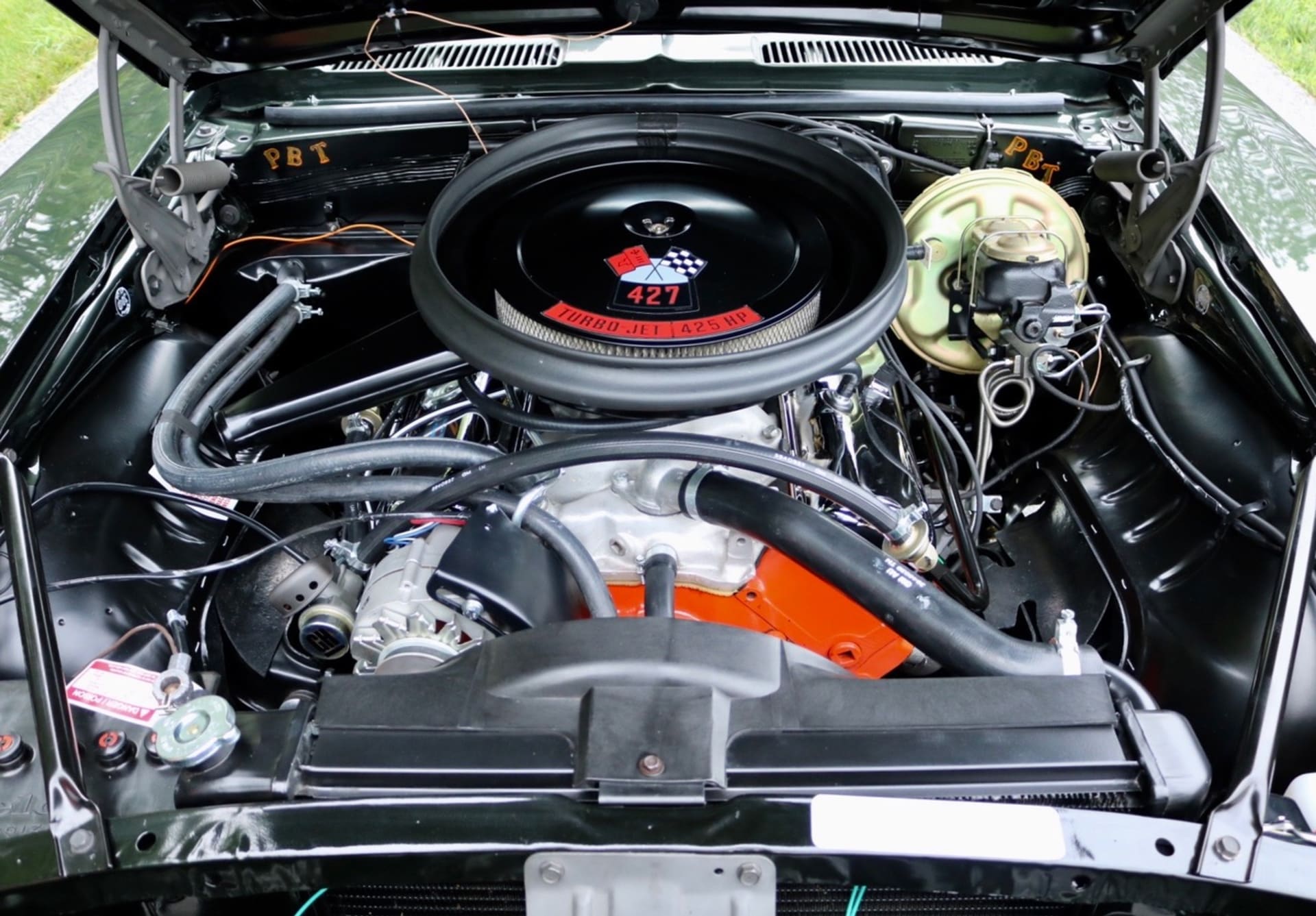
Performance of the 1969 Chevy Camaro
With its robust engine lineup and well-tuned suspension, the 1969 Chevy Camaro delivered impressive performance. The high-output engines propelled the Camaro from 0 to 60 mph (0 to 97 km/h) in under six seconds, depending on the engine choice. The top speed of the Camaro varied based on the selected engine and transmission options, but it could exceed 130 mph (209 km/h).
The handling of the 1969 Chevrolet Camaro was also commendable, thanks to its balanced weight distribution, responsive steering, and upgraded suspension components. Whether maneuvering through tight corners or cruising on the highway, the Camaro provided a thrilling driving experience.
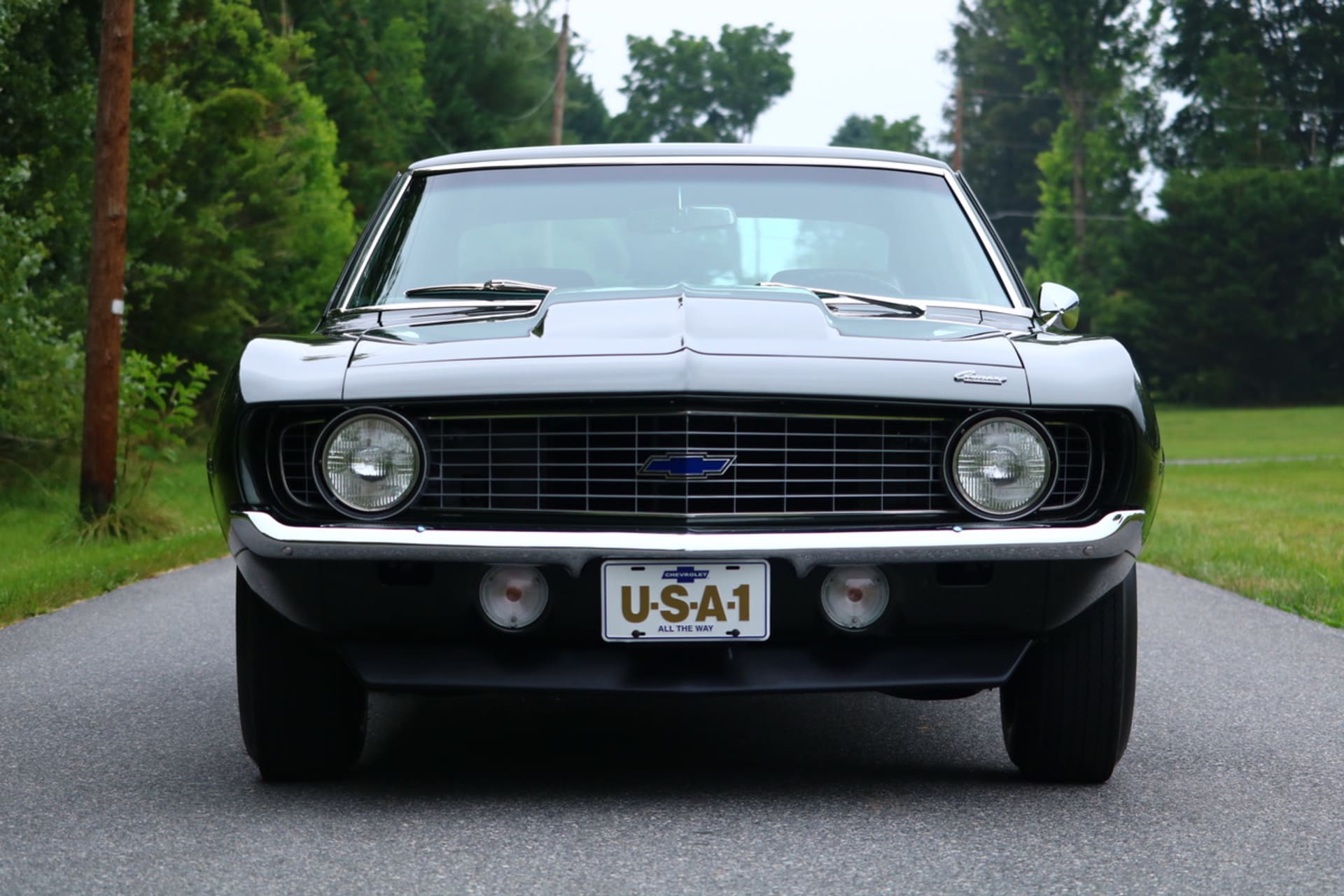
Design and Styling of the 1969 Chevy Camaro
The 1969 Chevy Camaro boasted an eye-catching design that has stood the test of time. Its sleek profile, muscular fenders, and aggressive front grille gave it an imposing presence on the road. The interior of the Camaro featured a driver-focused cockpit with a sporty instrument cluster, comfortable seating, and an array of convenience features.
Optional exterior styling cues such as racing stripes, cowl induction hoods, and spoilers further enhanced the visual appeal of the Camaro. These design elements not only looked great but also served functional purposes, improving aerodynamics and cooling for optimal performance.
History and Significance of the 1969 Chevy Camaro
The 1969 Chevy Camaro holds a significant place in automotive history. It was produced during a time known as the “muscle car era” when automakers were engaged in fierce competition to create the most powerful and appealing cars. The 1969 Camaro played a pivotal role in this era, establishing itself as a formidable rival to the Ford Mustang and other muscle car icons.
The popularity of the 1969 Chevy Camaro continues to grow, as it represents a bygone era of raw power, iconic design, and American automotive ingenuity. It has become a sought-after classic car, with collectors and enthusiasts valuing its historical significance and timeless appeal.
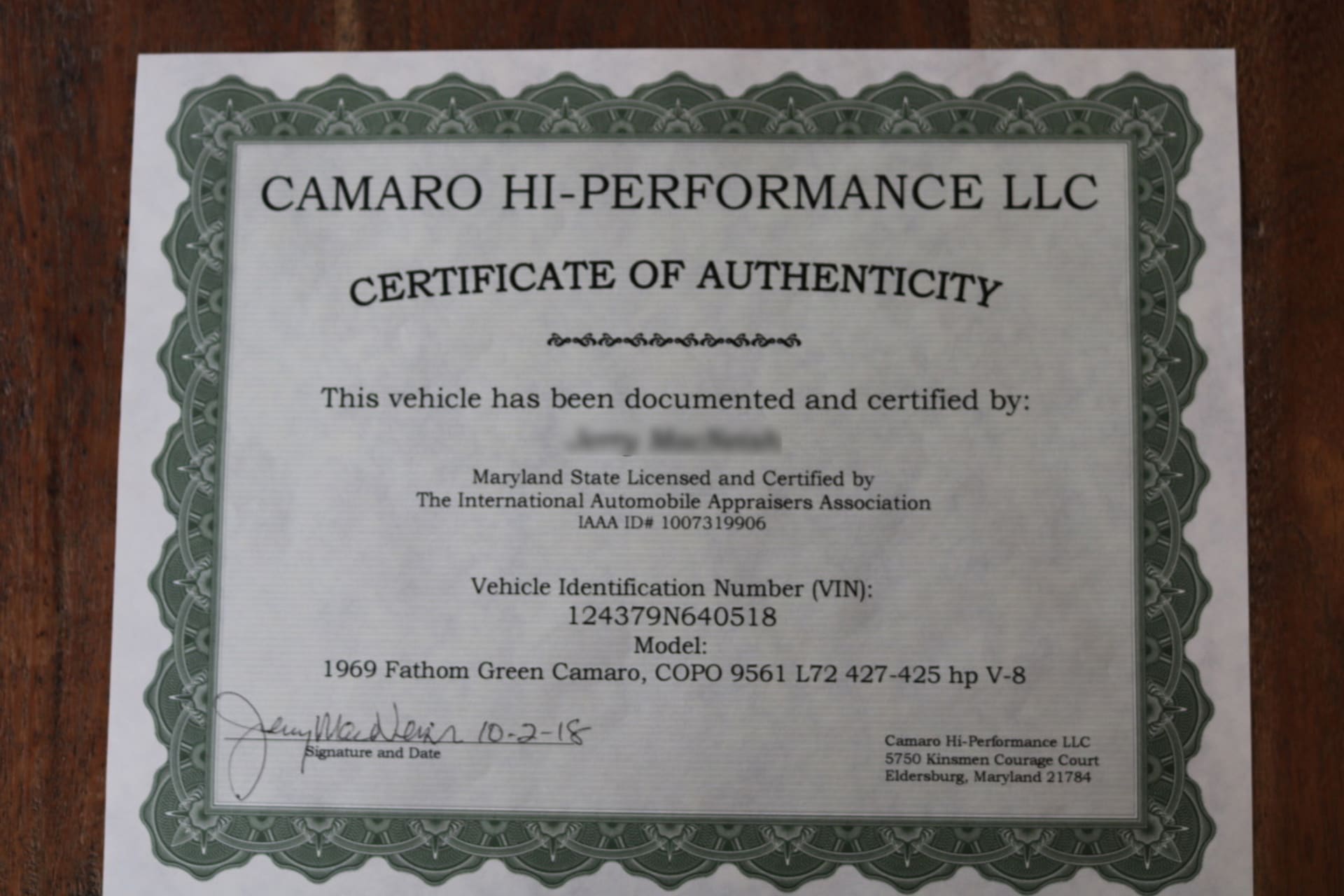
Variants and Trims of the 1969 Chevy Camaro
The 1969 Chevy Camaro offered a range of trims and variants to suit different preferences. These included the base model, RS (Rally Sport), SS (Super Sport), Z/28, and the rare and highly sought-after COPO (Central Office Production Order) models. Each trim level came with its own unique features, performance enhancements, and visual cues.
The RS package added hidden headlights, revised taillights, and additional trim elements for a more refined look. The SS trim emphasized performance, featuring a larger engine, upgraded suspension, and distinctive exterior badging. The Z/28 variant catered to the racing enthusiast, with track-focused upgrades such as improved brakes, suspension tuning, and lightweight components.
Collectibility and Value of the 1969 Chevy Camaro
Due to its historical significance and timeless appeal, the 1969 Chevy Camaro has become a highly collectible car. Well-preserved examples of the Camaro, especially those equipped with high-performance options orrare variants, can command significant prices in the collector car market. The condition, originality, and documentation of a 1969 Camaro greatly influence its value.
Factors that contribute to the collectibility and value of a 1969 Chevy Camaro include its trim level, engine choice, transmission type, color combination, and overall condition. Low-production models, such as the COPO Camaros, are particularly coveted by collectors due to their limited numbers and exclusivity.
It’s important for prospective buyers or collectors to thoroughly research the history and authenticity of any 1969 Camaro they are considering purchasing. Verifying the vehicle identification number (VIN) and checking for matching numbers on key components will help ensure the integrity and authenticity of the car.
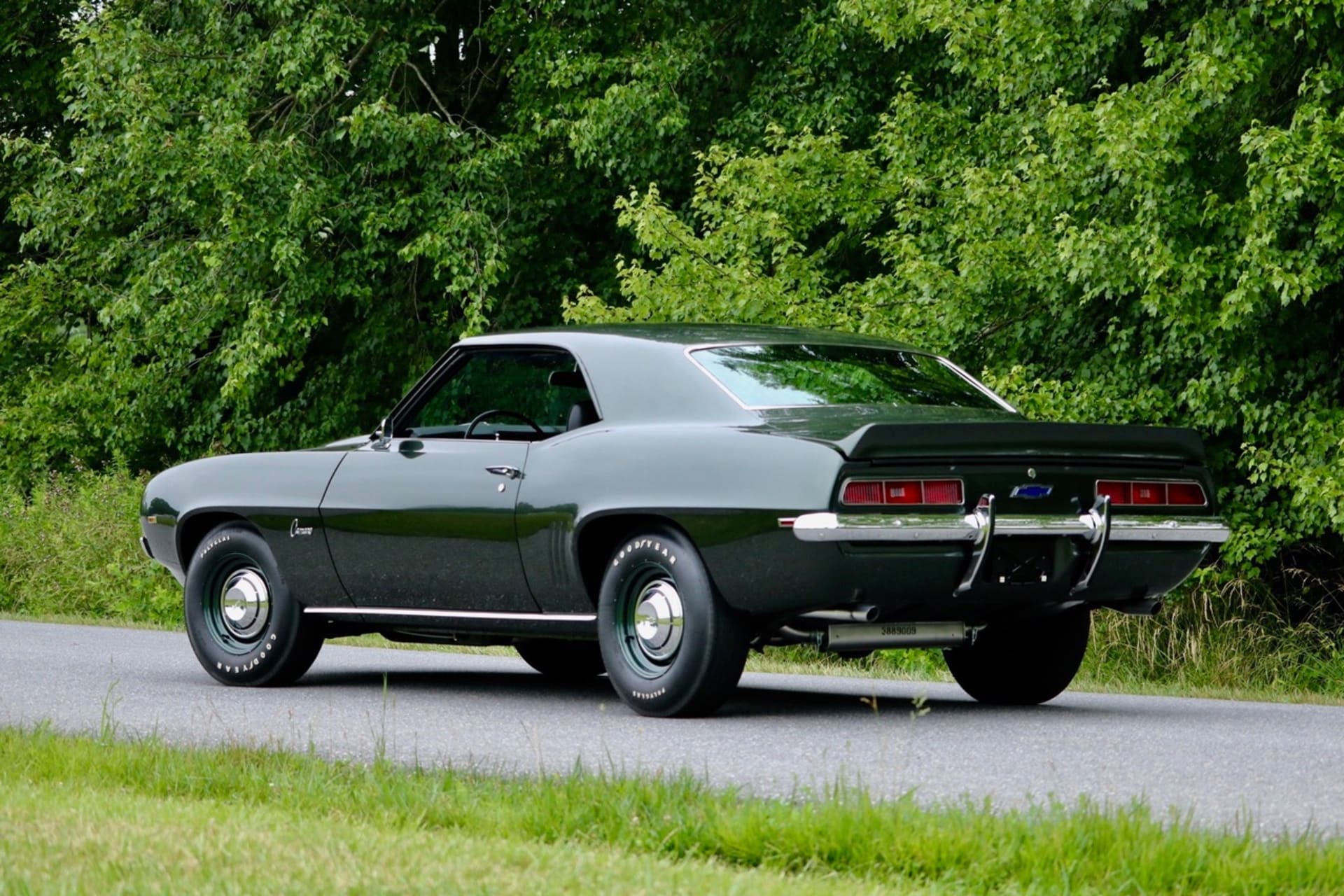
Comparing the 1969 Chevy Camaro to Other Models
When comparing the 1969 Chevy Camaro to other models of its time, it is essential to consider its direct competitor, the Ford Mustang. Both cars were born out of the “pony car” segment and aimed to capture the hearts of American performance enthusiasts.
While the Mustang gained popularity with its stylish design and wide range of options, the Camaro offered a more aggressive and muscular appearance. The Camaro also boasted a wider variety of high-performance engine choices, making it a favored option for those seeking raw power and speed.
Other competitors in the muscle car market during that era included the Dodge Challenger, Pontiac GTO, and Plymouth Barracuda. Each car had its own unique features and characteristics, but the 1969 Chevy Camaro stood out for its blend of style, performance, and affordability.
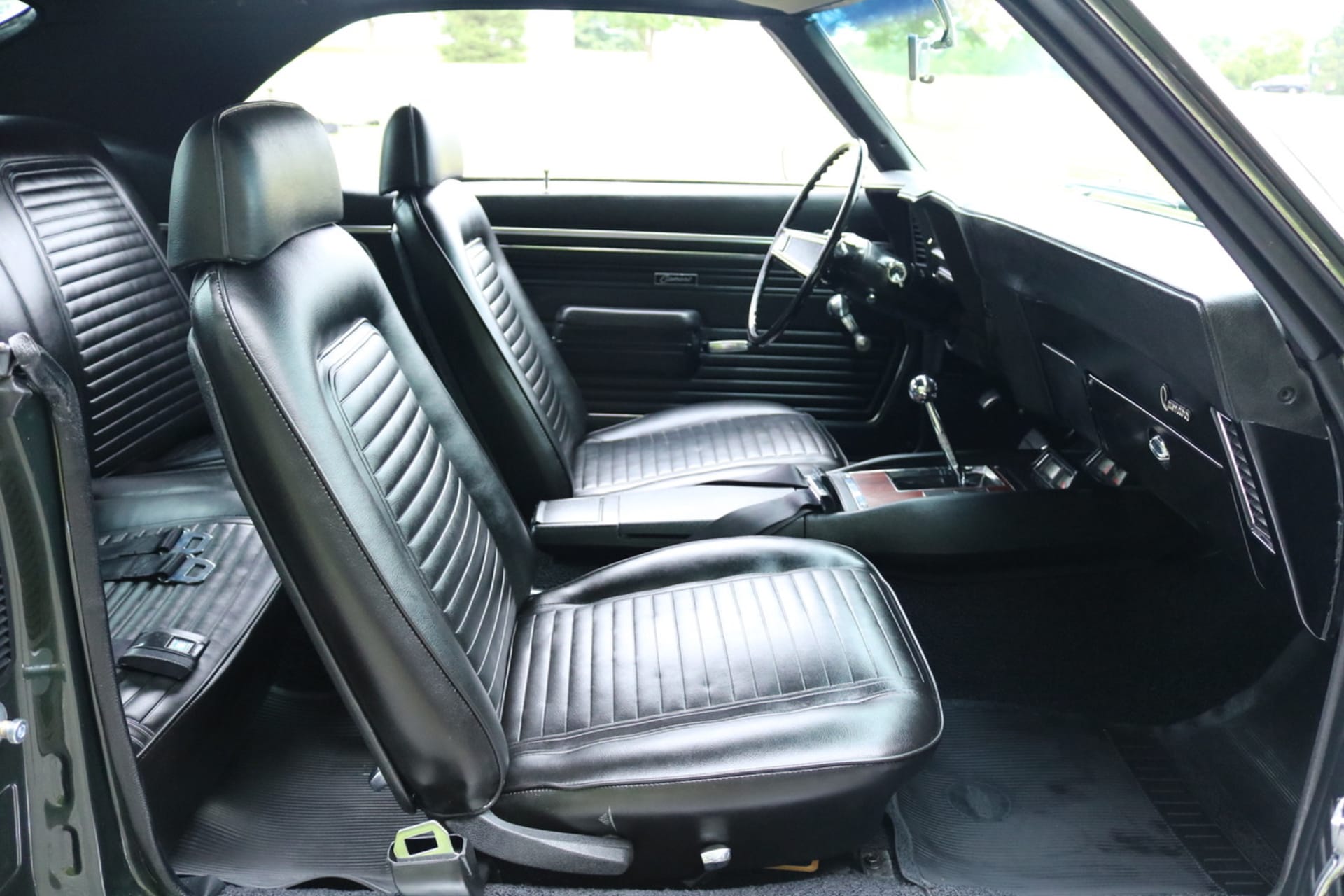
Restoration and Maintenance Tips for the 1969 Chevy Camaro
Restoring and maintaining a 1969 Chevy Camaro requires attention to detail and knowledge of the car’s specific characteristics. When embarking on a restoration project, it’s crucial to source authentic parts and accessories to ensure the car retains its originality and value.
Regular maintenance is essential to keep a 1969 Camaro in top shape. This includes regular oil changes, brake inspections, and tune-ups. It’s also important to address any rust issues promptly and to protect the car’s paintwork with proper cleaning and waxing routines.
Owners should refer to the vehicle’s specific manual and consult with knowledgeable experts or forums dedicated to 1969 Camaros for guidance on maintenance procedures and troubleshooting common issues.
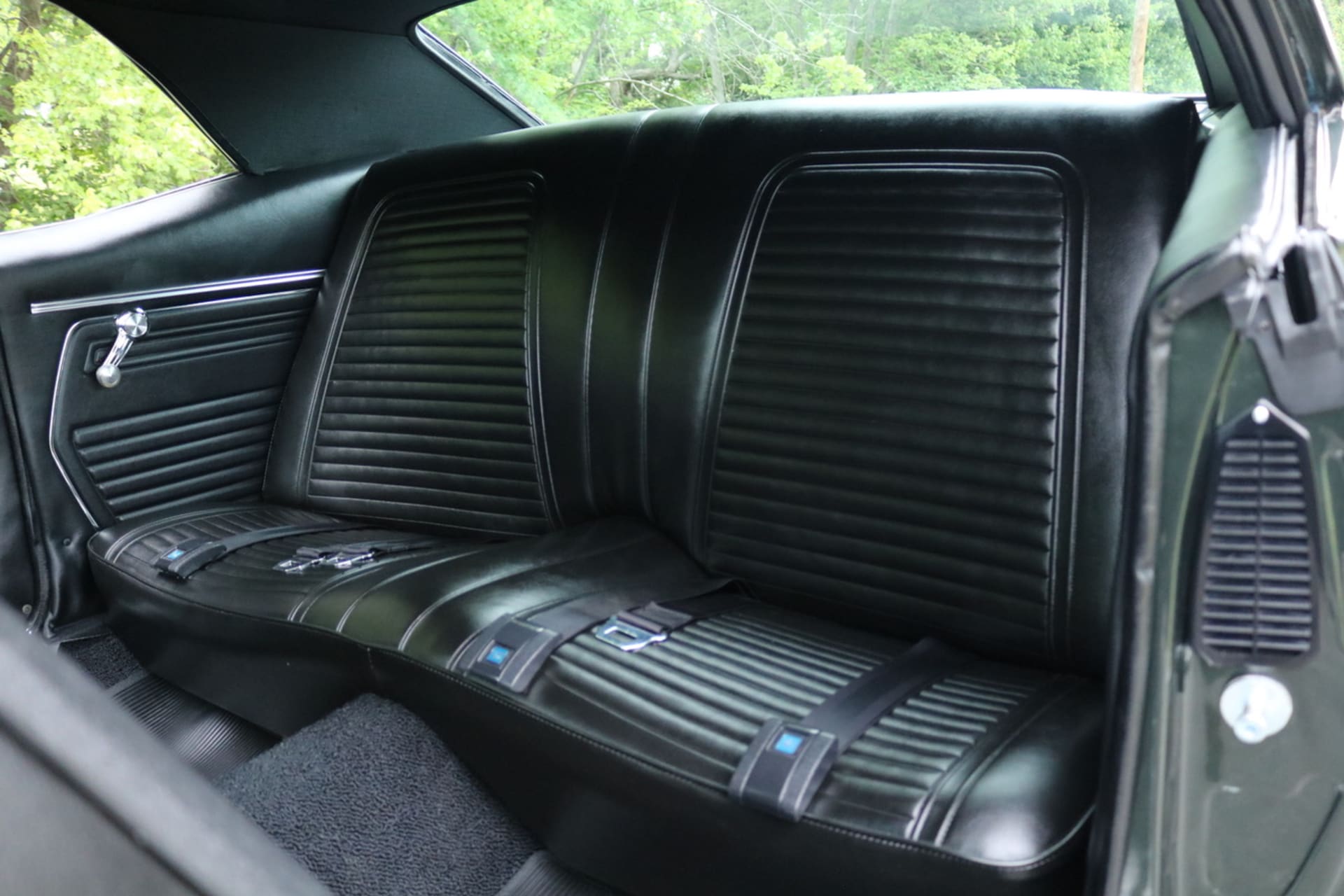
Buying Guide for a 1969 Chevy Camaro
If you’re considering purchasing a 1969 Chevy Camaro, there are several key factors to keep in mind. First, determine your budget and decide whether you want an already restored model or a project car that requires restoration. Restored models may come at a higher price but save you time and effort.
Next, carefully inspect the condition of the car, paying close attention to its body panels, undercarriage, engine, and interior. Look for signs of rust, mismatched components, or non-original modifications that could affect the car’s value and authenticity.
It’s also wise to have a qualified mechanic or expert evaluate the car before making a purchase decision. They can assess the car’s mechanical condition and identify any potential issues or hidden problems.
Lastly, consider the car’s documentation and history. A well-documented 1969 Camaro with provenance and service records is generally more desirable and valuable than one without.
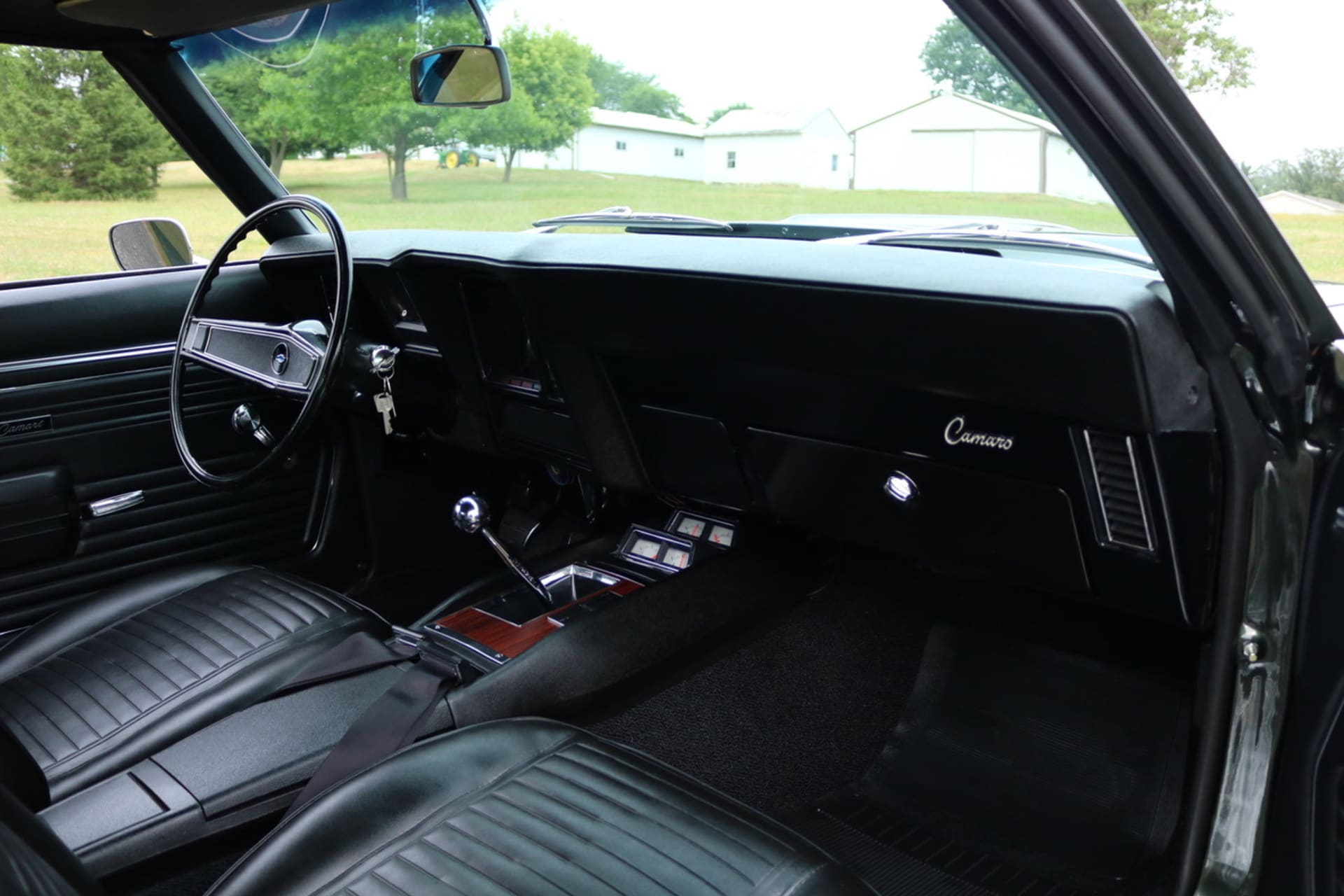
Conclusion
The 1969 Chevy Camaro remains an icon of American automotive culture, combining powerful performance, stunning design, and historical significance. Whether you’re an enthusiast, collector, or simply appreciate classic cars, the 1969 Camaro offers an exhilarating driving experience and a piece of automotive history.
With its various trims, engine options, and unique features, the 1969 Camaro appeals to a wide range of tastes and preferences. Its collectibility, value, and timeless appeal have solidified its status as one of the most sought-after classic cars on the market.
Whether you’re restoring a 1969 Camaro, maintaining it, or considering purchasing one, this comprehensive guide has provided you with valuable information on features, performance, history, variants, collectibility, comparisons, restoration tips, and buying advice.
So, embrace the power and beauty of the 1969 Chevy Camaro and enjoy the thrill of owning a piece of automotive history!
